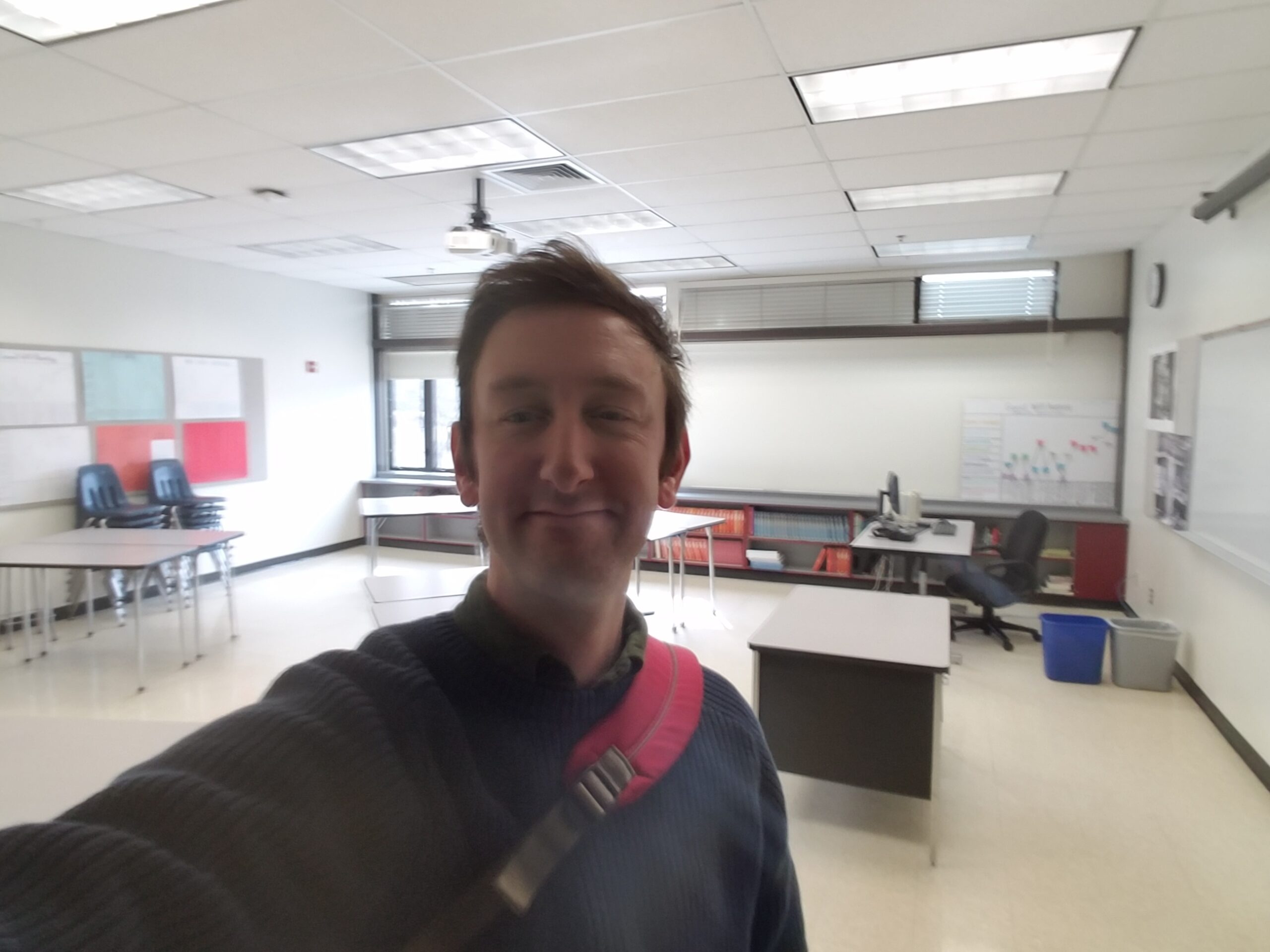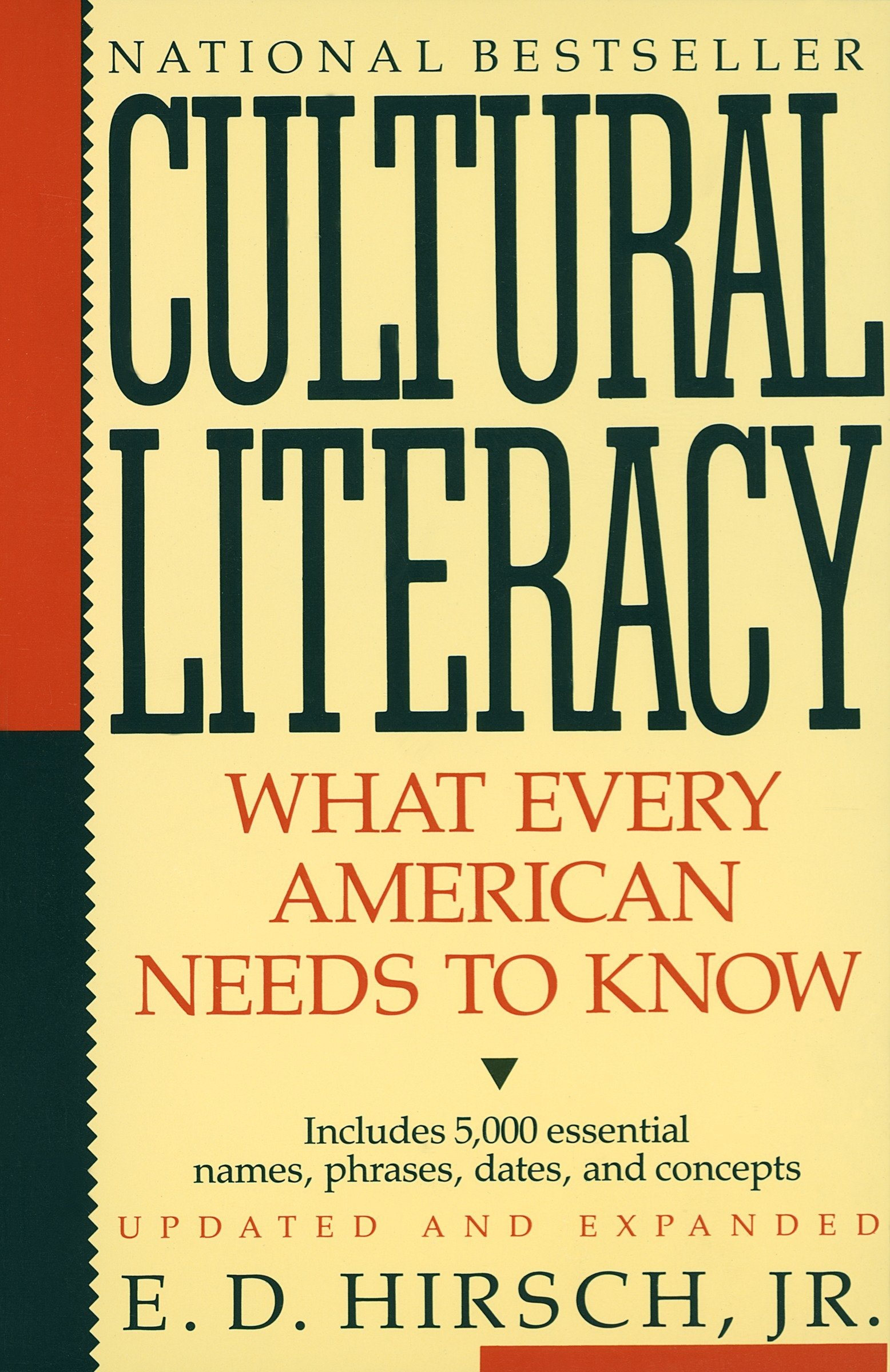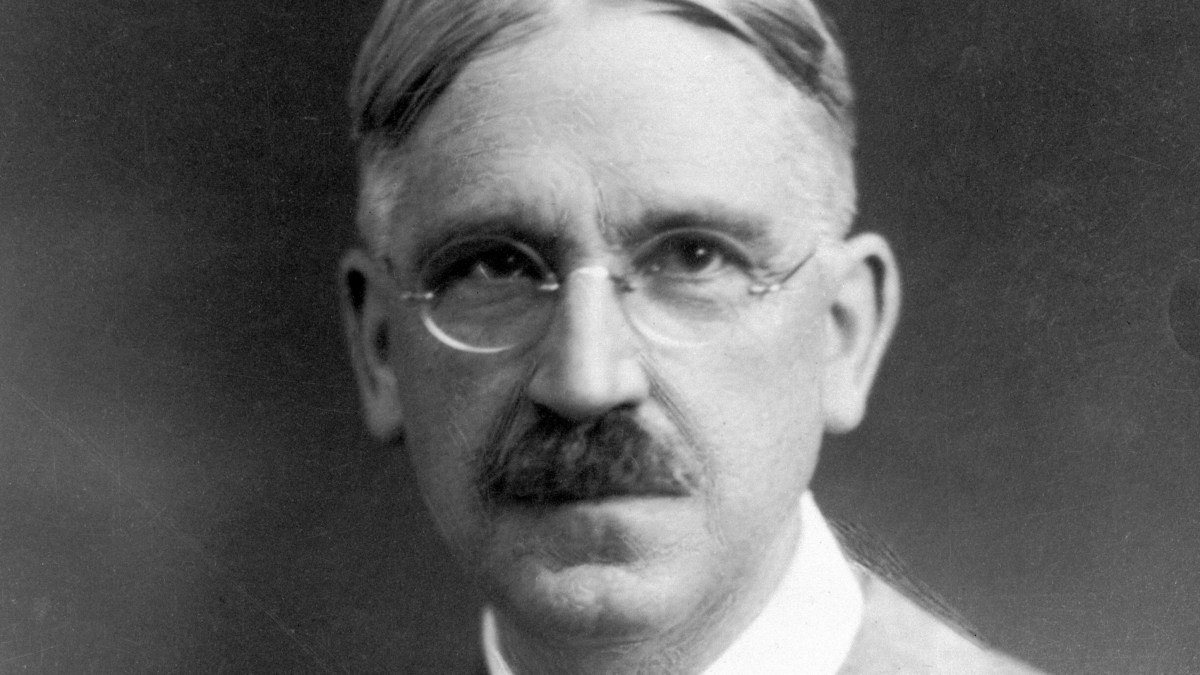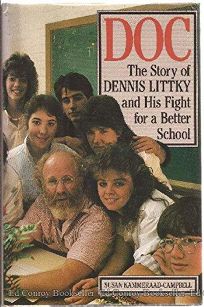I had never heard of Pedagogy of the Oppressed until a few years ago, when a teacher at a PD session recounted her seminal first reading of Paulo Freire’s famous 1968 book . . . and everyone else was nodding except me. Since then I’ve done more reading in ed theory and paid more attention to ed reform trends. Not surprisingly, I’ve been seeing Pedagogy popping up everywhere. In ed circles, if there’s one patron saint, it’s either John Dewey or Freire. Since I just spent a few months reading Dewey, I figured it was high time to read Freire. This past month, I finally did.
Continue reading “Pedagogy of the Oppressed”Author: alden110
Cultural Literacy
Today I’d like to write about another classic book about education I’ve just read: E.D. Hirsch’s Cultural Literacy. Then next week I’d like to compare it to another famous work I just read, Paolo Freire’s Pedagogy of the Oppressed.
The main thing I knew about Cultural Literacy was that it was considered controversial when it was first published. It was grouped with Allan Bloom’s The Closing of the American Mind, which was published during the same year, 1987, right at the start of the first scrapes in the culture wars. Knowing Bloom’s book quite well, I had some preconceptions about Hirsch’s book.
Continue reading “Cultural Literacy”How to do Dewey-ism
In my last post, I wrote about John Dewey’s most approachable text, “The Child and the Curriculum.” I wanted to say one more thing that stood out to me.
Dewey is not what I thought he’d be . . . in a good way.
Continue reading “How to do Dewey-ism”What Would Dewey Do?
One of the bright spots of all this social distancing is that I’ve been able to indulge my inner book nerd. It’s that side of myself that would happily — given a nice cold, grey, sun-less, snow-less, rain-less day — curl up inside the library on some sumptuous leather chair with a stack of books (and these days, if I’m to truly confess, a yellow legal pad and a pen).
Before we were kicked out of society and sent home, I went on the kind of book-run I haven’t done in years. I raided the shelves in the university library, in my school library, even in one of my coworkers’ classrooms. I’m still worried I’ll run out. There’s a word for this: abibliophobia. The fear of not having enough books.
Continue reading “What Would Dewey Do?”Cleaning Out the Classroom for Summer
The sadness, the feeling of loss, didn’t really hit me until today.
Two weeks ago our governor moved Vermont school online until April 3rd. Then three days ago he closed schools for the rest of the year.
Three weeks ago I was driving to school, teaching students, grading essays, socializing with colleagues. Yesterday I was told I had a three-day window to reenter the school building to pack up my room for the summer.
I hadn’t been back since a week ago Tuesday, when most students had already started staying home, when I’d already begun washing my hands so often they dried and cracked, when I’d already begun looking at any new door handle with alarm, when I’d been in such a rush to get away from people that I hadn’t really gotten to say goodbye to any of my students or colleagues. Besides, it wasn’t really goodbye. It might be mid-April or even early May — but we’d be back. But now we won’t.
That’s what really hit me when I pulled into the parking lot this morning and walked toward what was so recently this big, vibrant school, so recently a place humming with 800 students and teachers, suddenly so quiet and eerie. There were red signs on the doors: “Absolutely no entry.” Inside, my wing was taped off with caution tape — it had already been deep-cleaned. Several times I stopped to refresh my email on my phone — did we really have permission to be back here? Inside, in the main atrium, there were make-shift hand-sanitizer stations left in place, the cafeteria was filled with coolers that go out every day — lunches delivered to needy students by bus drivers. Lying on a table in the center of the room was a hastily made handwritten sign: “We miss you.”
In the English hall, all the rooms were closed up, with big signs on them saying, “Deep cleaned — no entry!” It was sad — there were my coworkers’ doors — coworkers I’d so recently sat and planned with in person, who’d now be strangers to me for the rest of the year, except on screens. Here was the hallway outside my room where I just had so many conversations with students and friends — all of it empty. My room itself was spotless, the chairs stacked, the desks gleaming. You could have eaten off the floor. It was so incredibly empty.
It didn’t take me long to pack up; most of my materials are digital these days, so there isn’t a lot of paper. Every year I look forward to this ritual: we’ve been through the final push, I’ve taught my last classes, graded the final exams, said goodbye to the students, goodbye to the seniors, watched them graduate. It’s reassuring, the rhythm of it: Every year I close things down in June, put the Expo markers back in the desk, put my files and folders back in the closet, unplug the computer speakers — and then every August I take it all back out, getting ready to start it all up again. I’ve always pitied people who work year-round jobs because they don’t enjoy the same familiar rhythm: unpack, teach the year, pack back up for summer. It’s a ritual, and rituals are important.
Now here I was, not surrounded by worn-out but smiling coworkers, but by myself, on a Saturday, in late March, hurriedly throwing things into my closet, gearing up to cobble my classes together online for three months, not knowing when I’d be back to this classroom. For the first time since this whole thing started, I felt a clear sense of what we’d all lots. For the first time, I felt not fear or frustration, but sadness.
We’re still doing online learning. For the past week and a half, I’ve been posting assignments. I’ve been holding Zoom meetings with students and colleagues, and we’ll continue to do so with even greater frequency. There’s even a possibility the days might start to feel normal: checking in from behind a screen, holding online discussions, communicating through email with each other.
But it’s not the same . . . and everyone knows it.
For the past two evenings, I’ve gone out for late afternoon walks with my family and with our neighbors — keeping a safe distance apart, of course. I’ve seen so many more people out walking on our street who’d I never seen before, and in a way it makes me glad we’ve had a chance to see each other more frequently in person. No one I know has gotten sick, my family has been healthy, and my wife and I will ride out this virus safe in our employment status. In so many ways, we’re lucky.
But as a teacher it’s hard not to feel sad at the loss of the school year. Many of my students are seniors, and suddenly their final months of high school — their prom, their senior spring, their last goodbyes — are gone. I’ve got coworkers in their last year of long teaching careers, and they are going to finish them behind computer screens. For the rest of us, we’ll miss that magic that happens face-to-face in a classroom, talking about literature, writing, and all the important questions that face us as human beings in the 21st century. To say I miss it is an understatement.
More than ever right now, I feel like I want to share this experience with everyone I know: to talk, to commiserate, to discuss how life is going for our families in our isolation. I feel concern for so many of my students, and I wonder how they are doing. I wonder who in our community will be the first to get sick, and I wish there were a way for me to bond together with everyone I know during this challenging time. But that’s the hard part of this whole epidemic — the best thing we can do is to stay away from each other. It’s paradoxical: more than ever we need each other, but more than ever we need to stay away from each other.
It’s sad to think we won’t be back at school, but I know that we are a resilient community and a resilient, resourceful country. We will be back to our lives, back to our classrooms someday soon. For now, I’ll be left sitting with this sad feeling about the way things ended this year.

My Favorite Chapter in John Dewey
A few weeks ago, during my school vacation, I spent some time dissecting a book I’d put down months ago: John Dewey’s Democracy and Education. It’s taken me a while to get through — Dewey’s a hard read. One writer termed it, “Dewey’s inimitable (one hopes) style”: obscure, dense, philosophical. It’s not quite Immanuel Kant-level unreadable, but it’s not exactly Malcolm Gladwell either. But every so often, Dewey gets excited, and his prose suddenly becomes readable. This happens toward the end of Democracy and Education, in a chapter with the rather inauspicious title “Vocational Aspects of Education.” It’s my favorite chapter in the book. It’s Dewey really hitting his stride.

So, what’s “equity,” really?
I’m always fascinated by the lengths to which educators and education writers will go to label old practices with the hot new jargon. Right now, the buzzword is “equity.” Just this morning I opened up my new copy of Ed Week and found this article, titled, “The Art of Making Science Equitable.”
That was the title. By the time I tracked down the article online, it was called, “The Art of Making Science Accessible and Relevant to all Students.” No more “equitable.” Hmm.
Continue reading “So, what’s “equity,” really?”Doc: The Story of Dennis Littky
One time I got into an argument with a coworker about something an administrator of ours had said. I maintained that this person was a good leader, in fact a very good leader. My coworker said, “No, I know what inspiring leadership is. I worked for Dennis Littky.”
The Challenges (and Joys) of Parenting Your One Year-Old
As a high school teacher, occasionally I have snow days when I don’t have to work. Usually on those days my son’s daycare is closed, too. But today is different. Today I am off and he is at daycare, giving me some valuable time to reflect on some of my favorite — and most challenging — parts of being the parent of a one year-old son.
There are certain aspects of parenting that you just take to naturally. For me, cutting my son’s hair is not one of them. I think it’s pretty hard to cut someone’s hair under the best of circumstances, such as when they are paying you and just really, really hoping you don’t bring up politics. My former barber, a noted political pundit, used to cut hair wearing a pistol on his hip. You can be assured that when he said, “Tilt your head for me,” I didn’t mess around. But it’s a little harder when your “customer” is actively trying to grab your scissors and put them in his mouth.
Continue reading “The Challenges (and Joys) of Parenting Your One Year-Old”Herbert Spencer: John Dewey before John Dewey?
Just read a fascinating book about ed history: Getting it Wrong from the Beginning, by Kieran Egan. “Ah, an autobiographical work!” one of Egan’s colleagues quipped on hearing the title. I found this book online somewhere, and quickly ordered it as part of my ongoing quest to understand the thinkers and the thoughts that have shaped modern education. With Egan’s book, I wasn’t disappointed.
Continue reading “Herbert Spencer: John Dewey before John Dewey?”




